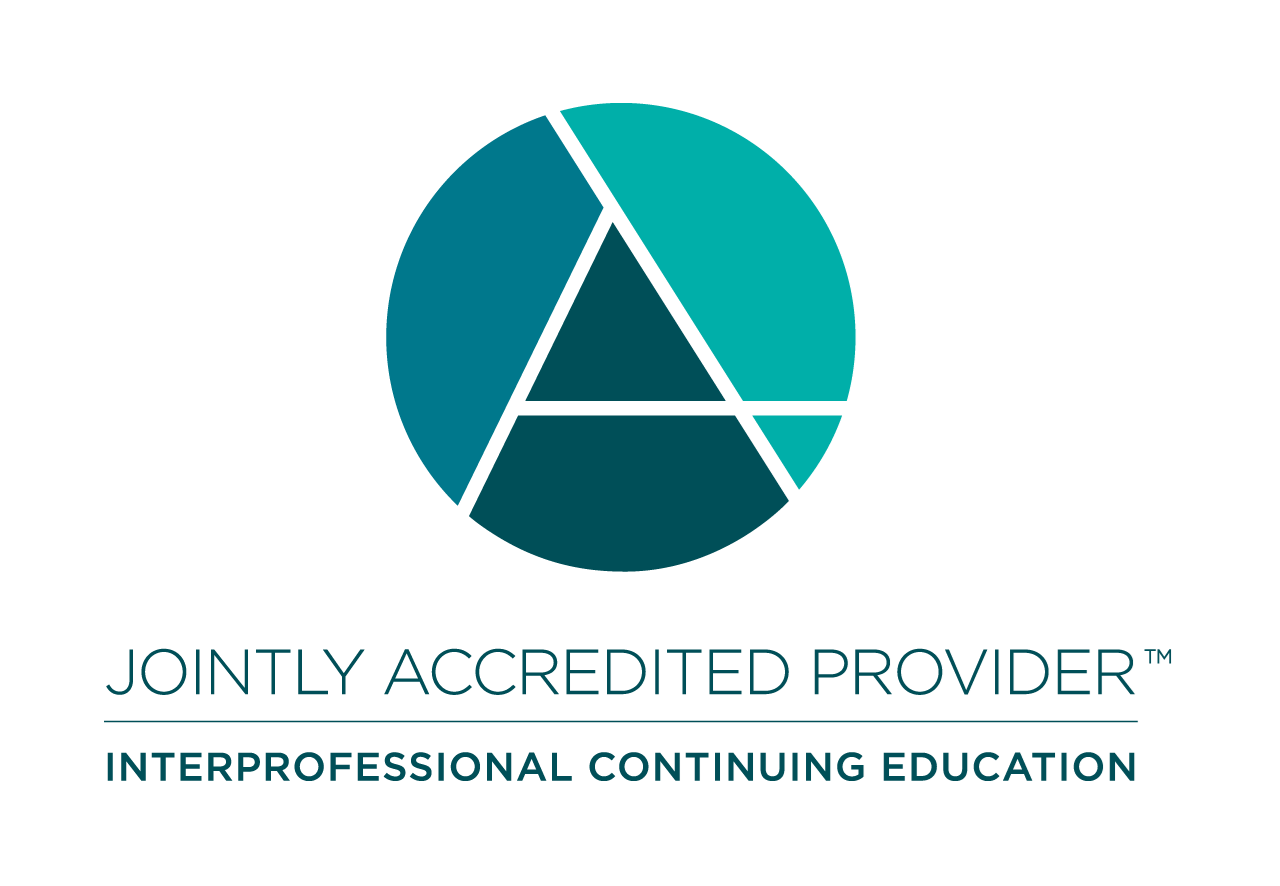Mentorship vs. Sponsorship and Why You Need Both to Succeed
There is significant discussion in the healthcare field about sponsorship and mentorship and why both are critical to success for all healthcare leaders. While we have made progress, challenges still exist for women and people of color to secure mentors and sponsors for career advancement. Research from McKinsey found that women who have networks and sponsors were more likely to be promoted and receive pay raises. Only 26% of Black women feel they have the sponsorship needed to advance their careers; 57% of women of color, however, were less likely to quit a job in the first year when they have a sponsor. Although members who participated in McKinsey surveys boasted above average scores for representation of women in leadership, women of color were largely absent from the highest levels in their organizations.
Mentorship and sponsorship are often seen in the same relationship but even though the same person may play both roles, they are distinctly different. This webinar will describe both roles and the personal experiences of the panelists. The panel will focus on the importance of mentorship and sponsorship on advancing the careers of women and people of color. In addition, panelists will address the roles of sponsors, protégés, mentors and mentees and highlight how to foster and grow these relationships. They will share their own experiences of serving in these roles and how their relationships have changed and evolved over time.
Learning Objectives:
- Identify the differences between sponsorship and mentorship and define the roles of a sponsor, protégé, mentor and mentee.
- Understand the benefits of having both a mentor and a sponsor throughout a healthcare leader’s career.
- Take concrete steps to find, build and grow these relationships.
Faculty:
Alesia Coe, DNP, RN, FACHE, Vice President, Adult Inpatient Hospitals/ACNO, UChicago Medicine
Jhaymee Tynan, FACHE, Health Consultant, Public, Social Sectors and DEI Specialist, Egon Zennder
Marissa McKeever, Chief of Staff and Senior Advisor, Johns Hopkins Medicine
Morgan Jones, FACHE, Vice President, Strategic Planning and Business Development, Duke University Health System
Continuing Education Credit
ACHE Qualifying Education Credit
This webinar is eligible for 1 ACHE Qualifying Education credit. ACHE Qualifying Education credits will be automatically updated in your My ACHE account upon completion of the recording.
Interprofessional Continuing Education Credit
In support of improving patient care, the American College of Healthcare Executives is jointly accredited by the Accreditation Council for Continuing Medical Education (ACCME), the Accreditation Council for Pharmacy Education (ACPE), the American Nurses Credentialing Center (ANCC), and the American Academy of PAs (AAPA) to provide continuing education for the healthcare team.
This activity was planned by and for the healthcare team, and learners will receive a maximum of 1 Interprofessional Continuing Education (IPCE) credit for learning and change. For further information about Joint Accreditation credits and certificates, please click here.
Physician Continuing Medical Education
The American College of Healthcare Executives (ACHE) designates this live activity for a maximum of 1 AMA PRA Category 1 Credits™. Physicians should claim only the credit commensurate with the extent of their participation in the activity.
Continuing Nursing Education
The American College of Healthcare Executives designates this live activity for a maximum of 1 contact hours of continuing nursing education.
Continuing Pharmacy Education
The American College of Healthcare Executives designates this knowledge-based activity for a maximum 1 contact hours of continuing pharmacy education credit.
Continuing Social Work Education
The American College of Healthcare Executives designates this knowledge-based activity for a maximum 1 contact hours of continuing social work education credit.
Continuing Education for Dietitians
The American College of Healthcare Executives designates this knowledge-based activity for a maximum 1 contact hours of continuing education credit for Registered Dietitians and Dietetic Technicians, Registered. RDs and DTRs should enter activities offered by jointly accredited providers as type 102 on Professional Development Portfolio (PDP) activity logs. CPEUs awarded must be commensurate with participation in the activity.
Physician Associate/Physician Assistant Continuing Education
The American College of Healthcare Executives has been authorized by the American Academy of PAs (AAPA) to award AAPA Category 1 CME credit for activities planned in accordance with AAPA CME Criteria. This activity is designated for a maximum of 1 AAPA Category 1 CME credits. PAs should only claim credit commensurate with the extent of their participation.




